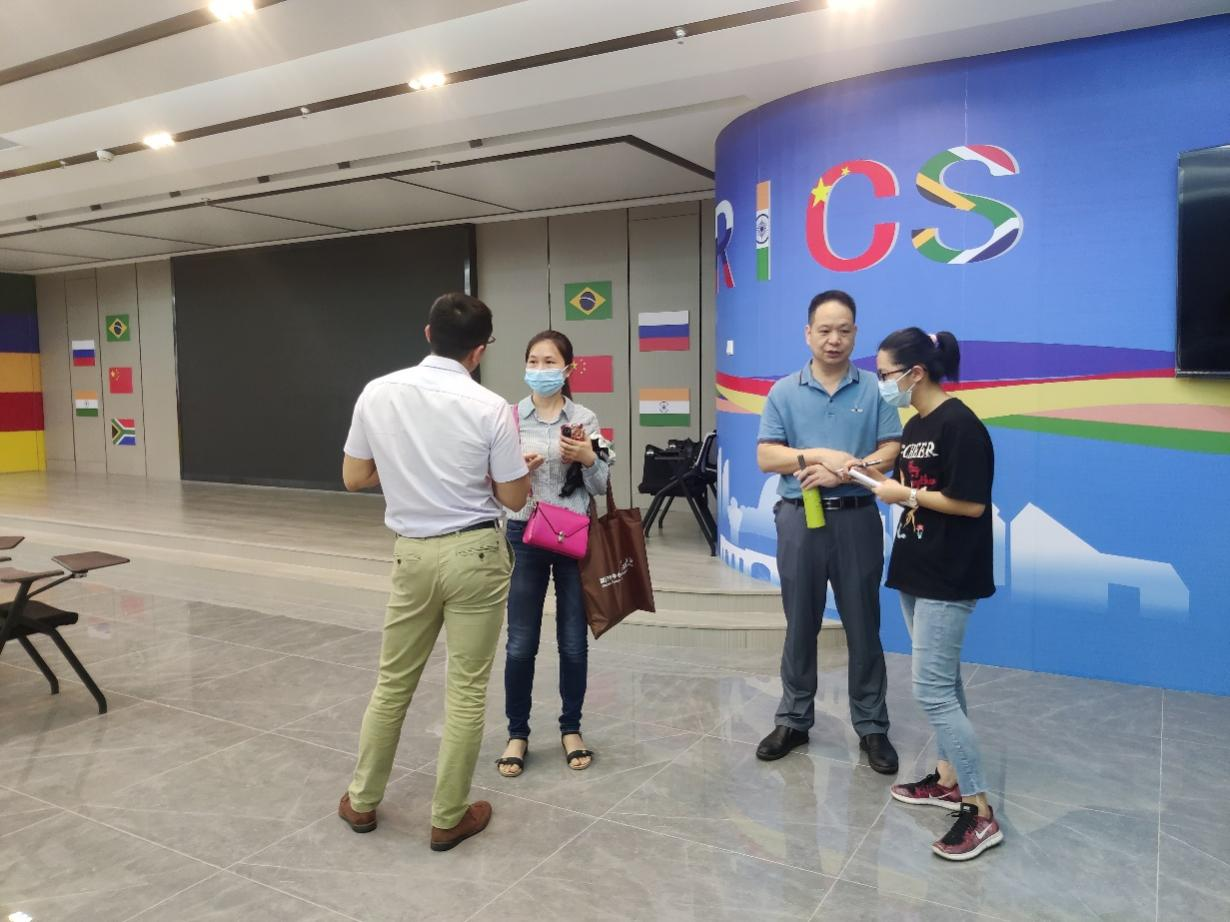
Although it rained heavily that day, dozens of customers still came to the site to exchange and learn. The forum was mainly divided into two parts: in the first half, patent attorney and senior engineer, an intellectual property lawyer, also the head of Intenova Zhangzhou office Mr. Tang Yunwu explained the risks that patent infringement may cause to enterprises, the prevention of patent infringement disputes, and the countermeasures for patent infringement lawsuits.


In the second half, senior patent attorney and vice GM of Intenova, Mr. He Jiafu, discussed the procedural process and applicable principles of patent invalidation request, the reasons and evidence for the request, the collection method of evidence, several main uses in patent infringement litigation, and the dissatisfaction with patent invalidation. The remedies for the decision on the review of the declaration request and the experience of patent invalidation cases were shared.

At the end of the lecture was the Q&A session. With years of practical experience and down-to-earth language, the two experts carefully answered the questions raised by the participating companies, which benefited the company a lot.
Selected Q&A:
Question 1: Regarding the issue of patent infringement litigation costs for both parties of patent infringement, the plaintiff files a patent infringement lawsuit. When the judge ruled that the infringement is not established, who should bear the costs?
A: For a patent infringement lawsuit, the plaintiff needs to pay the court fees in advance, and often need to pay attorney fees, notarization fees, and evidence collection fees. If the judge rules that the infringement is not established, these costs are of course borne by the plaintiff.
If the plaintiff wins the case, the judge will allocate the litigation costs to both parties according to the amount of compensation awarded. According to Article 71 of the Patent Law, the defendant shall also bear the reasonable expenses paid by the right holder (plaintiff) to stop the infringement, including reasonable expenses paid, such as attorney fees, notary fees, evidence collection fees, etc.
Question 2: The company has previously applied for a patent, and this patent has derived an upgraded product which has not applied for patent protection. If a third party produces the upgraded product, will it cause product infringement?
A: This situation mainly depends on whether the patent applied for the first-generation product can form a core patent. Specifically, it depends on the protection scope of the patent claims applied for the first-generation product. As long as the upgraded product cannot avoid the protection of the patent claims of the first-generation product, even if there is no patent protection, it will infringe the patent of the first-generation product. However, if a third party applies for a patent for an upgraded product, the company will be restricted from producing upgraded products.
Therefore, enterprises should apply for patent protection in time for their new products and technical solutions, so as to prevent their achievements from being patented by others, which will cause unfavorable competition to business operations.
In a word, modern enterprises should attach importance to the role of patents, strengthen R&D, reserve enough patents for enterprises, pay close attention to patent risks in the process of production and operation, take effective measures to incorporate patent risks into the management scope, prevent the occurrence of patent risks as much as possible, and help enterprises good operation and development.

Contact: Richard Huang
Tel: +86-133-1370-9579
Email: mail@intenova.cn
Add: 601, No. 54-1 Guanri Rd., Software Park Phase 2, Siming Dist., Xiamen 361008 CHINA